HIV Ancestry
The type of virus that includes HIV may have been circulating in primates for 12 million years.

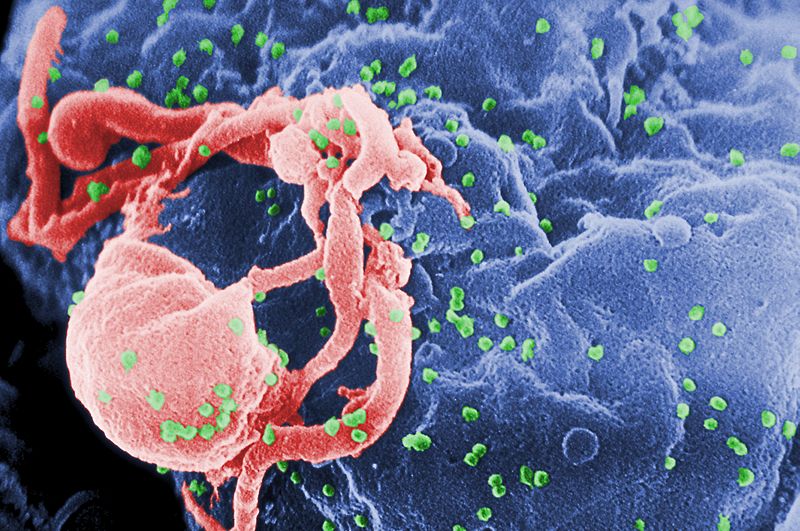
The type of virus that includes HIV may have been circulating in primates for 12 million years.
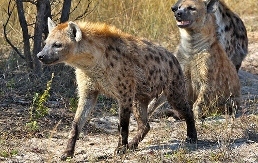
HEARING & SOUND - Why hyenas are anything but funny. Can animals dance to a beat? Using sound to save the whales. And physical fitness worsens hearing, but estrogen improves it. Encore presentation from May 22, 2009.

Female songbirds sometimes have a hard time separating truly worthy male crooners from the fly-by-night wannabees.
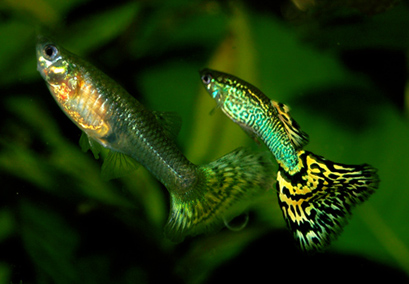
Scientists have identified neurons in the brain that trigger hot flashes during menopause.
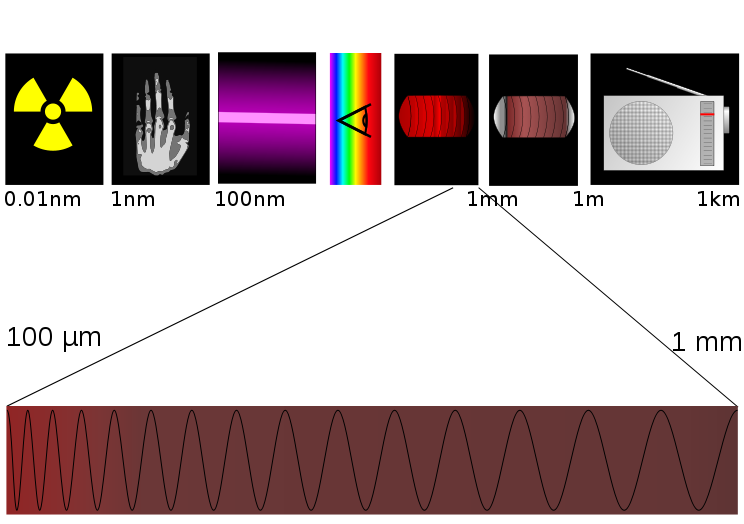
Terahertz waves, which could greatly improve scanning, imaging, and communication, just got a lot more practical.

Removing sperm and egg-producing cells from roundworms makes them live longer, and a new study reveals why.

ARE YOU WREN ENOUGH? Why fairy wrens require their babies to show ID, how coral reefs ask for help, and how one microscopic animal patches itself up with borrowed genes. Also: Host Bob Hirshon went down to NASA Headquarters to report on the discovery of water on the planet Mercury.

In an upcoming case, the U.S. Supreme Court will consider whether diagnostic genes for breast cancer can be patented.

The incidence of autism has increased in recent years, and so have efforts to identify and treat it earlier.

Smoking while pregnant may cause DNA damage not just to the developing baby, but to that baby's future children.
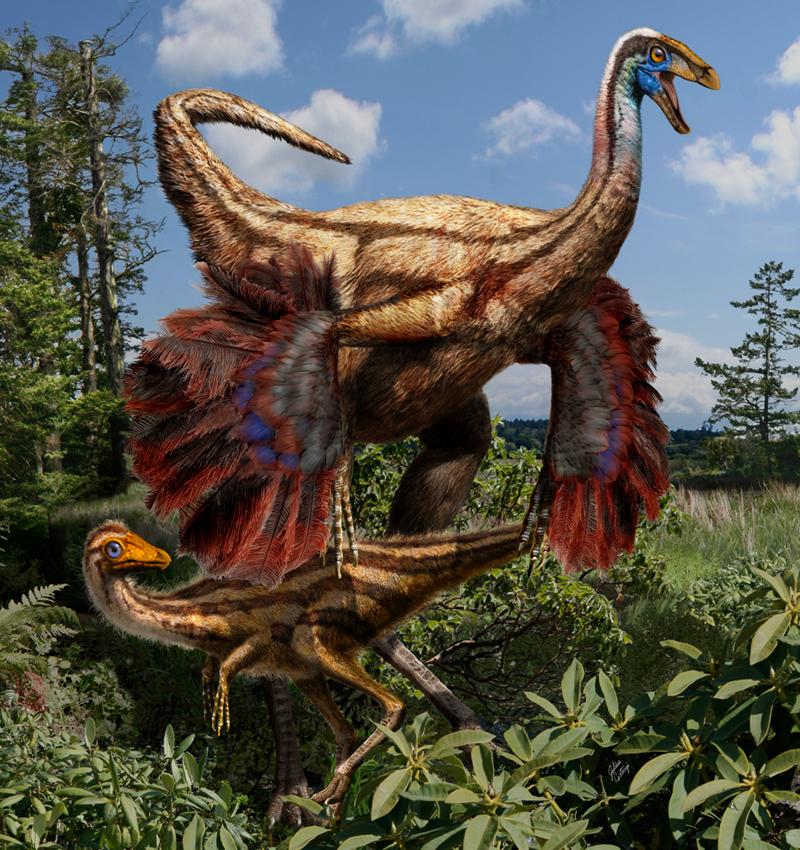
Evidence suggests that an ancestor of modern humans both walked upright and climbed trees.

MEDICAL INNOVATION - Medical implants that just melt away, how cancer research could make the plastics industry less dependent on fossil fuels, and why ultraviolet light is cleaning up hospital rooms. Also: scientists find a surprising new source of re-programmable cells in amniotic fluid. And a new genetic test that could help babies in the neonatal intensive care unit.
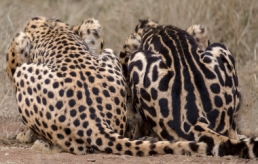
ANIMAL GENES & BEHAVIOR - The genes responsible for cat coat patterns, why male killer whales are momma's boys, what's behind the hummingbird's aerial acrobatics, and how epigenetics explains honeybee castes.

When worker bees and nurse bees switch roles, their brains get a genetic re-boot.

Killer whale moms live long past menopause, apparently to support and protect their adult sons.
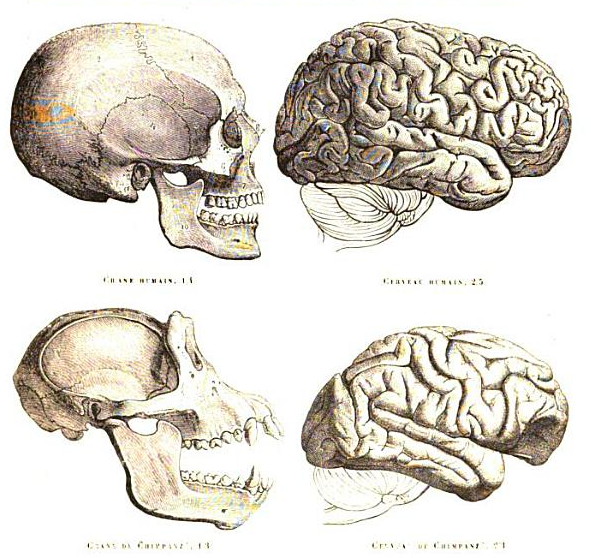
The insulation surrounding nerves develops more quickly in chimpanzees than in humans.

A new technique makes it possible to scan a sick newborn's entire genetic code in 50 hours.

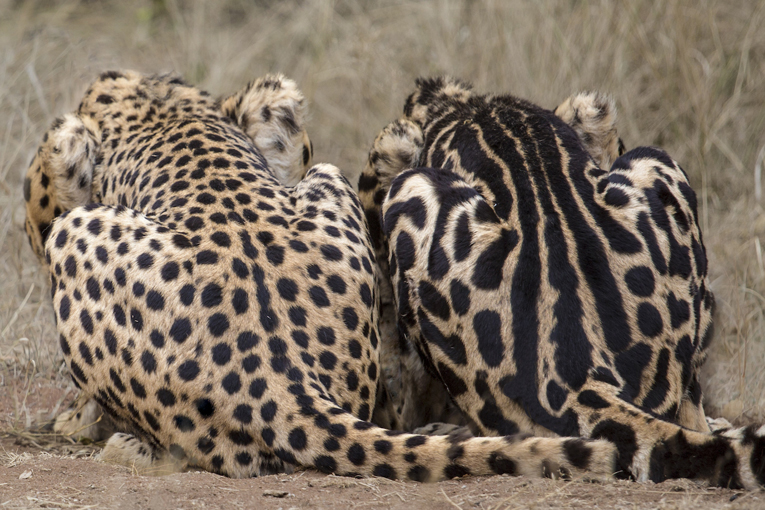
Scientists have discovered that mutations to a single gene in cats can turn stripes into blotches or even erase color patterns altogether.
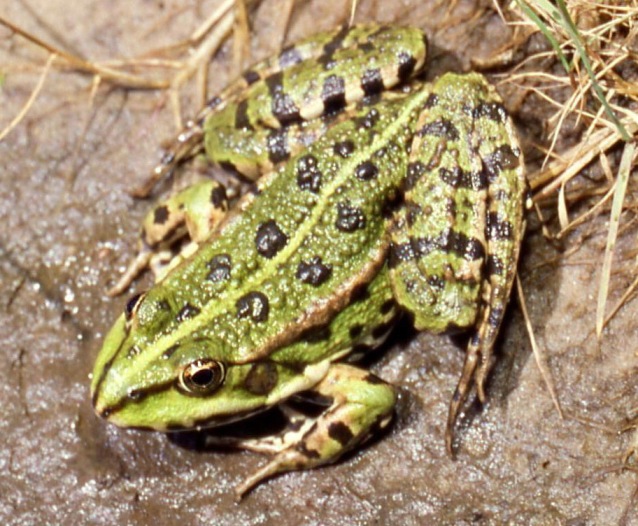
Researchers identify a gene that may influence women’s contentment with their lives.

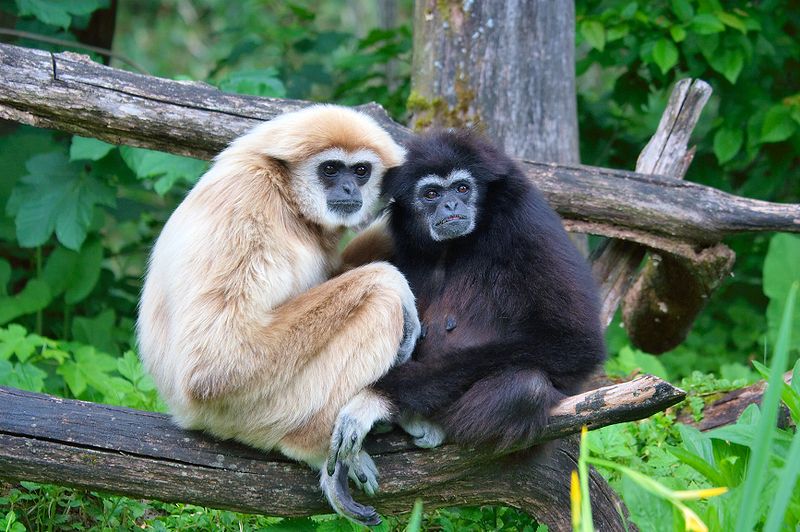
An experiment with helium shows that gibbons can manipulate their vocal tracts like expert opera singers.
